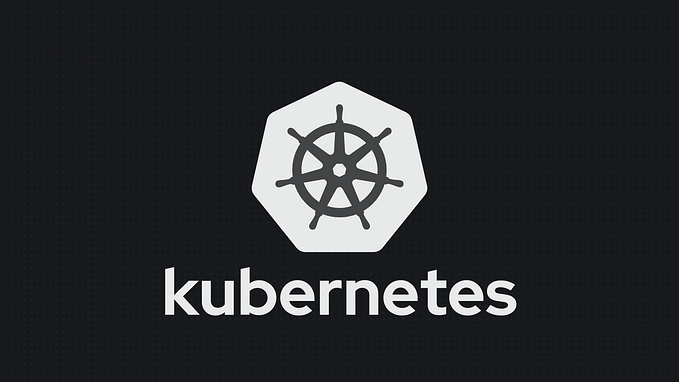Member-only story
Moore’s Law means Gaming moves to the Cloud

Ten years ago, I worked on the System-on-Chip that would become the heart of the Xbox One game console. It was a dream job, but one I didn’t think would last long. Down the street in Mountain View a small company called OnLive¹ was developing revolutionary tech to enable game streaming from the cloud. I was sure that this was the future. Fast forward to 2022 and the Xbox Series X has been largely sold out² while OnLive has gone bust³.
Looking back, there are many reasons I was wrong. The business model wasn’t ready, the networks weren’t reliable, and there was no killer app, no game that cloud streaming uniquely enabled. Still as my career progressed, I learned there was an even bigger reason — Moore’s Law. Back in 2012 computers, and especially smartphones, were always getting twice as fast. Why play laggy games from a server when consumer tech was always better?
In 2022, things are changing. To quote Nvidia CEO Jensen Huang “Moore’s Law is dead … It’s completely over.”⁴ While this is an overstatement, it’s a fact that computer performance growth has slowed. This is changing the way we build systems and reviving innovation in the datacenter. Not only that, but there’s a new killer app on the horizon. One that runs especially well in the cloud.










